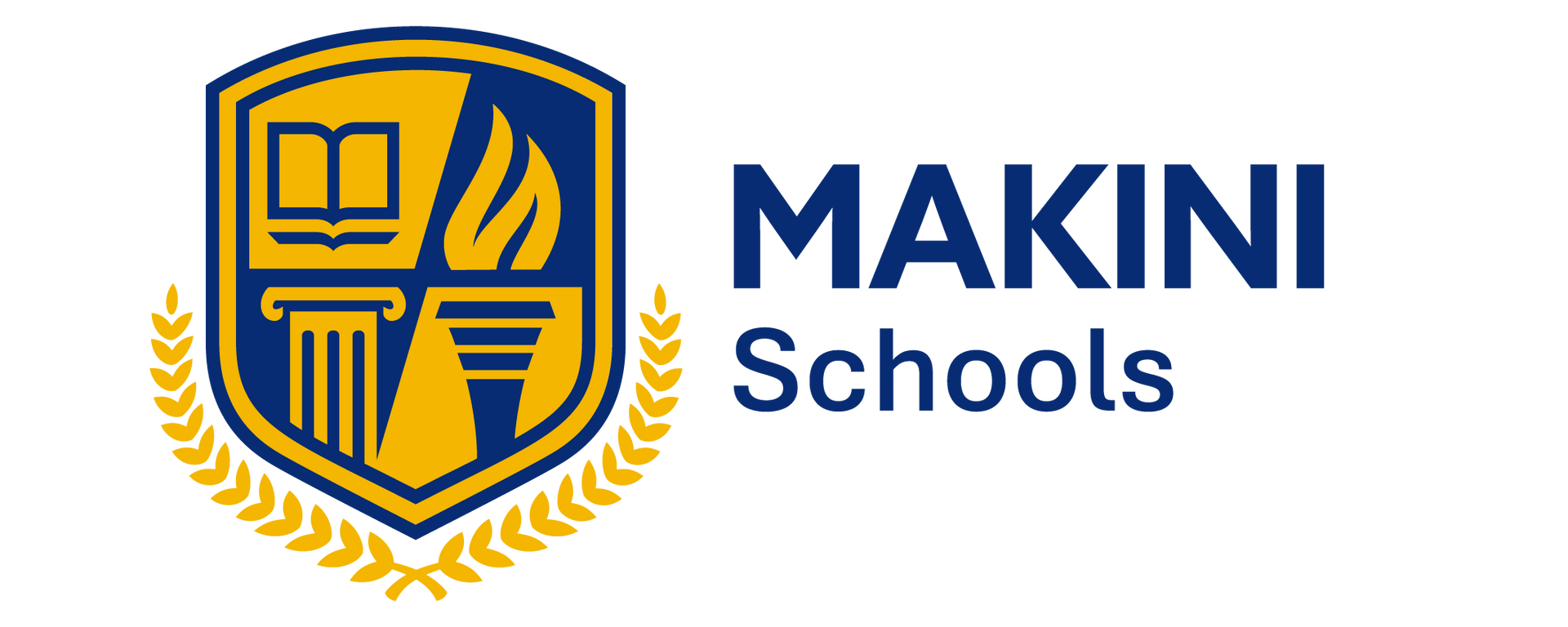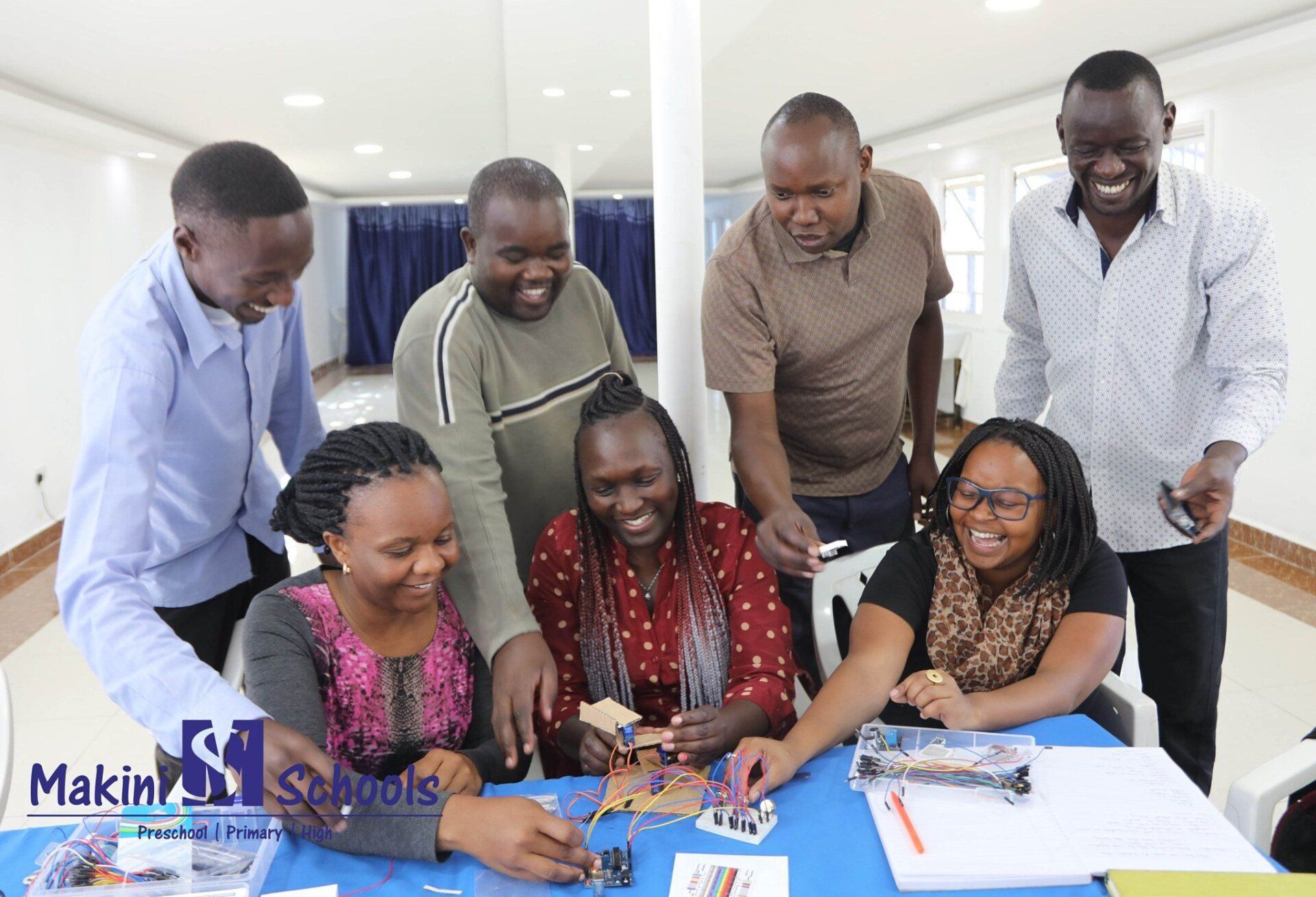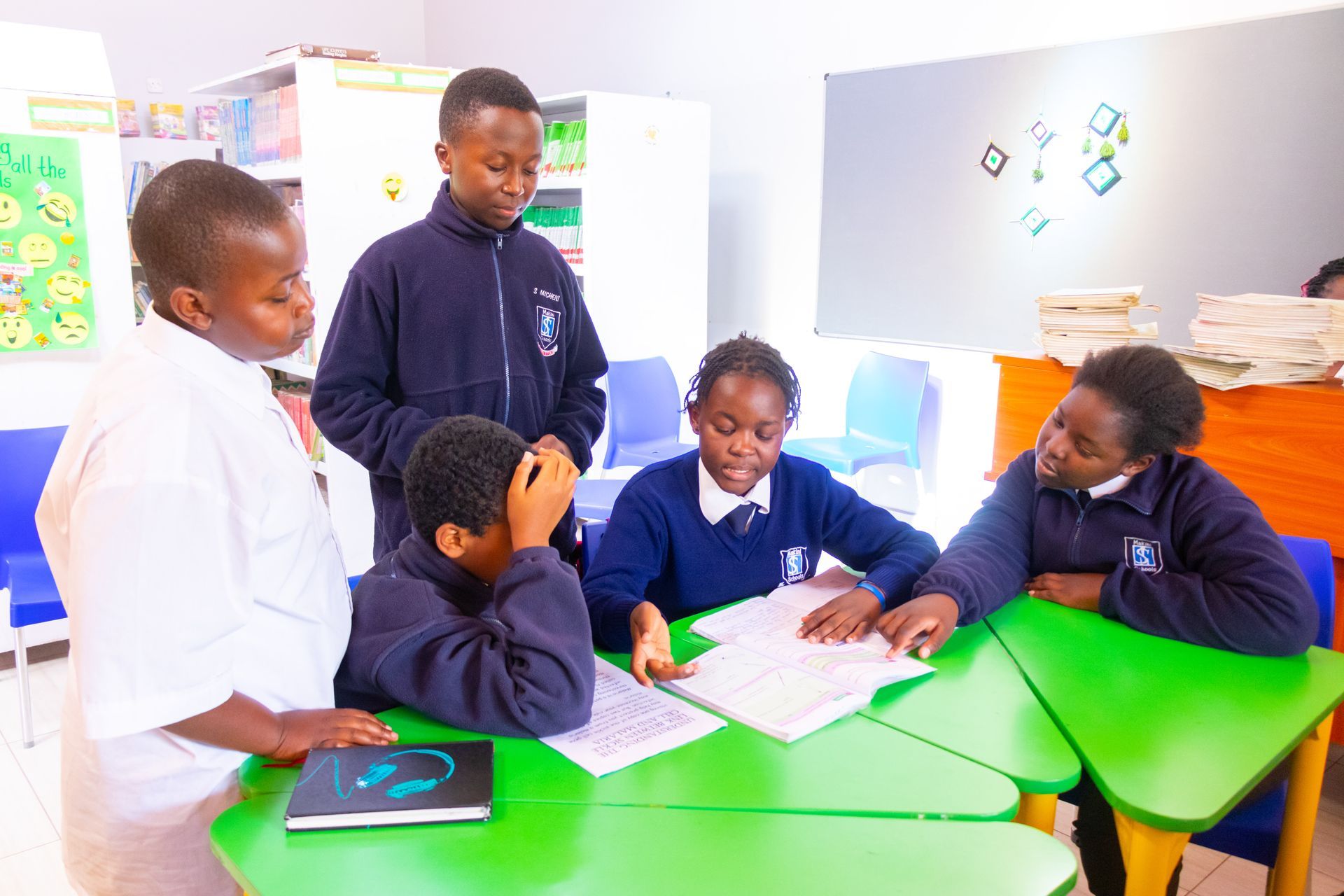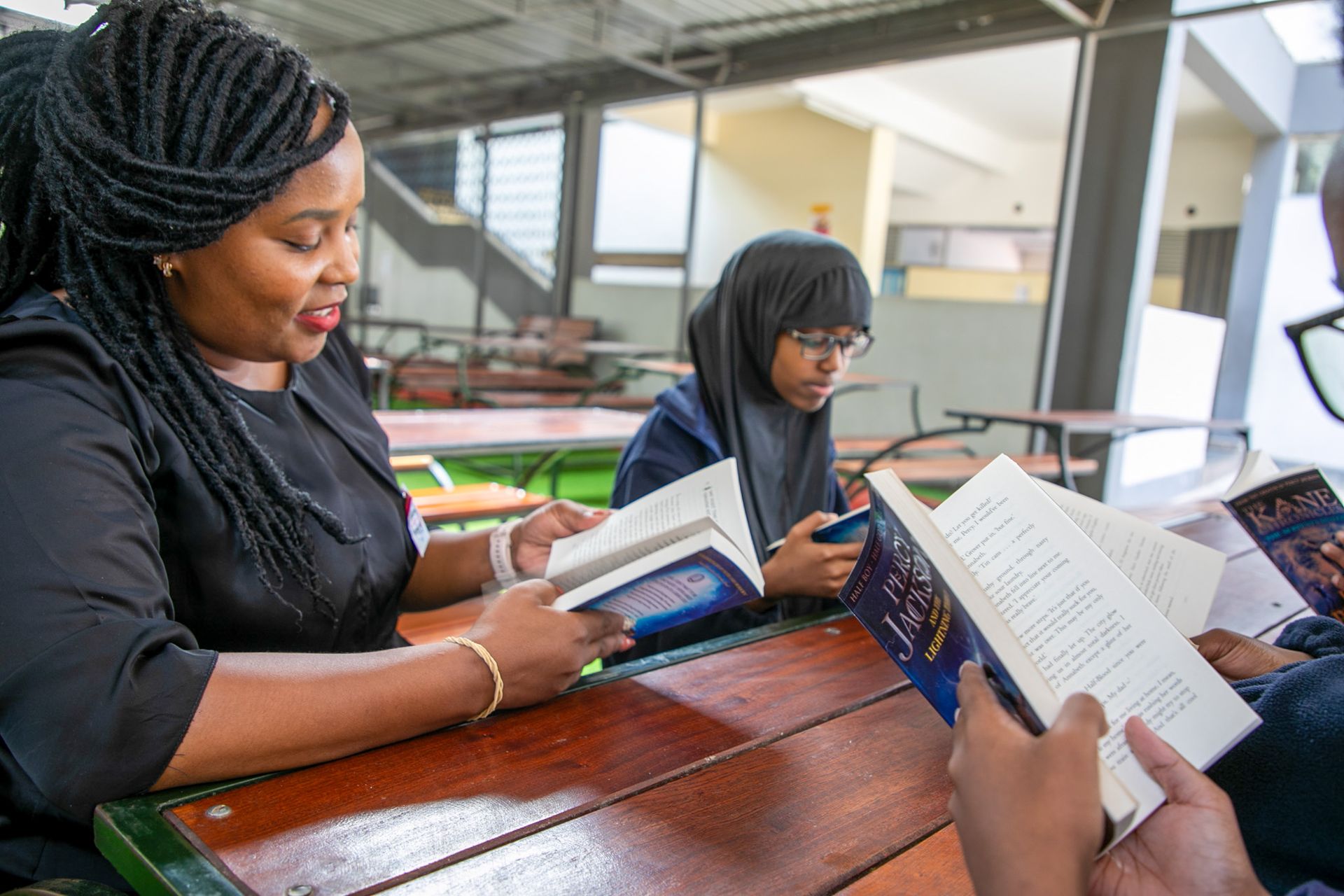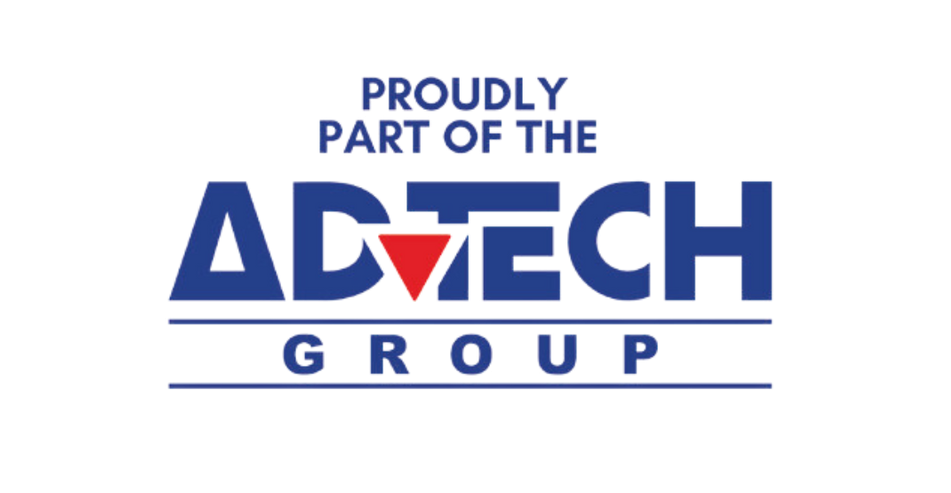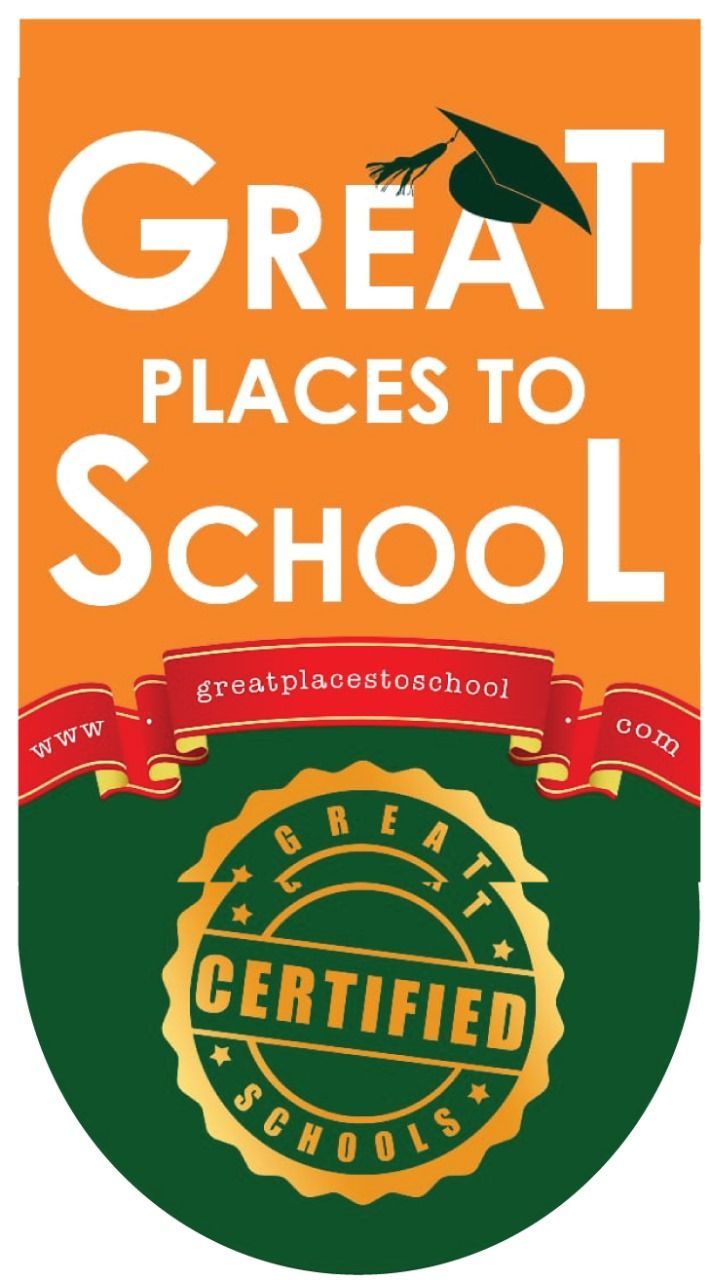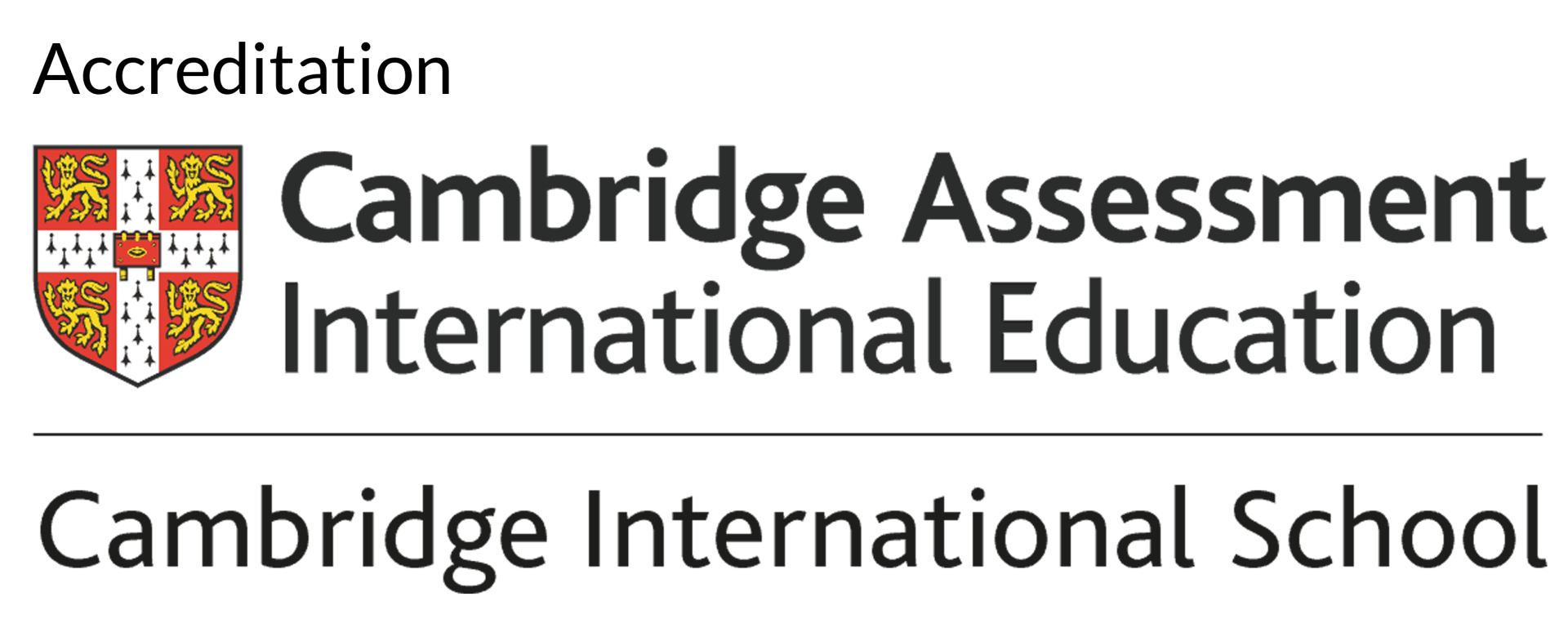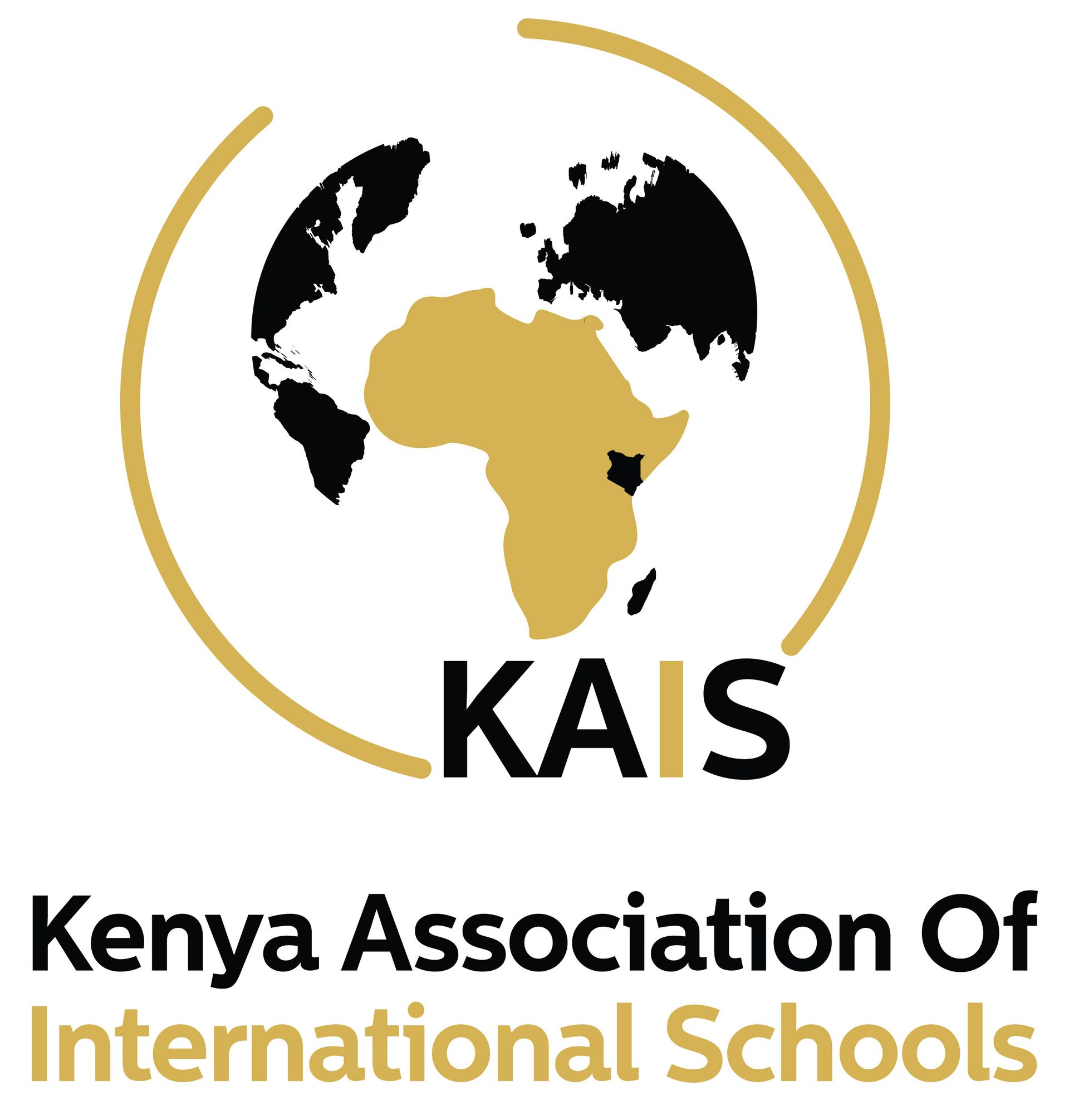Complete Guide to Private Education in Kenya: Benefits, Costs & Choosing the Right School
Introduction to Private Schools in Kenya
Navigating the world of private education in Kenya can be an exciting and daunting journey for parents who are looking for the best educational opportunity for their child. Private schools promise quality education and personalised attention, but the costs involved in this type of schooling can be a challenge for most. Discover the advantages and benefits of private education in Kenya and how to find and select affordable private schools in Kenya without having to sacrifice on quality.
What is the landscape of private education in Kenya?
Kenya offers a diverse range of private education institutions offering various educational philosophies and curriculums. From the elite international schools to community-based institutions, the private education realm has a wide variety of options for parents. There are private schools that demand high fees and cater to the affluent market. There are also other schools who provide quality education at more affordable rates.
What are the benefits of private schools?
Private schools have garnered popularity because of their commitment to top-quality education that takes place in a nurturing environment. The benefits of these schools include:
1. Excellent teaching
Highly qualified and passionate teachers are what often sets private schools apart. At Makini School, we select only the top teachers who are experts in their field. This dedicated team bring with them a wealth of knowledge and are able to instill a love of learning in our learners. As the classroom changes and the digital world evolves, we are committed to continuously developing our staff. This ensures that they are always ahead of the latest technologies and teaching methodologies. This approach provides our learners with an unparalleled education.
2. Enhanced academic curriculum
Private schools like Makini School are very proud to offer students rigorous and comprehensive academic curricula. These schools often incorporate the esteemed Cambridge curriculum with the Competency-Based Curriculum. Private schools emphasise enrichment programmes that enhance holistic development and personal growth.
3. Smaller classes
Perhaps one of the most significant benefits of private school education is the smaller class sizes. When there are less learners in the classroom, teachers can give each child a more personalised learning experience. They get to know the learners better and are therefore able to tailor their teaching styles to each learner’s needs. This not only boosts a child’s confidence in class, but always gives them a strong foundation from which to excel.
4. Enhanced resources and facilities
Private schools have access to better resources and their facilities are top class. From well-equipped libraries and laboratories to sporting facilities and art studios, private schools offer much more in the educational, cultural and sporting realm. At Makini School, we are always improving our facilities and updating our resources to ensure that our learners get the best there is to offer.
5. Holistic development
To develop a well-rounded learner, that’s ready for the world, private primary education emphasise the overall development of learners. This goes beyond academics to arts, music, drama, sports and more. Makini learners engage in a wide variety of co-curricular activities based on their area of talent and interest. Beyond that, we also respect all faiths and provide pastoral programmes for our learners.
6. Extracurricular activities
From sports teams to artistic pursuits and everything in between, private schools offer students activities that align with various interests and passions. These activities help students to develop their self-confidence, learn to work as a team and make lifelong friends.
When selecting a private school, what should parents look out for?
1. Academic reputation
By doing a little research, parents can assess the achievements of the school. Look at their academic results, accreditations and recognition from educational authorities. Another avenue to explore is talking to parents with children in the schools you’re looking at. They will give you an honest and first-hand account of what the school is like and whether it’s a good option for you.
2. Quality of education
Look at the qualifications, experience and teaching methods of the school’s staff members. Are they passionate individuals? How do they engage with their students? What are the results of the students once they’ve completed their time at the institution?
3. School facilities and resources
Assess the facilities in the classrooms, libraries, laboratories, IT centres and recreational areas. These will give you a good indication of the type of learning materials and resources the school has.
4. Curriculum
Most Kenyan schools offer the CBC (Competency-Based Curriculum), while only some also offer the Cambridge curriculum. Be sure to research both and understand the differences so that you are able to make the choice when selecting a school.
5. Extracurricular and co-curricular activities
Review the schools offerings and enrichment programmes. Look for a school where there is a balance of academic excellence and holistic development. This includes sports, arts, culture, leadership and community service.
6. Parental involvement
It is no secret that parental involvement in a school offers major benefits. Inquire about the opportunities for parent involvement, various communication channels with teachers and staff as well as the support services that are available.
7. Fee structure
Assess the school’s fee structure, payment plans and scholarships. Deciding on a school will often come down to affordability.
Makini's approach to private education in Kenya
Makini School is well known for its rigorous academic programs. These are specifically designed to foster intellectual curiosity and excellence. They include:
1. Advance curriculum: Makini School offers the Competency Based Curriculum (CBC) as well as the Cambridge Curriculum. They aim to develop the highly important skills required for life after school. These include problem-solving, critical thinking and innovative skills. This curriculum is comprehensive and challenging and includes a wide variety of subjects and disciplines.
2. Co-curricular enrichment: Students are encouraged to participate in the many co-curricular activities on offer at the school. From drama, music and sports to clubs like debate, French, martial arts, these activities develop and nurture talent, developing confidence and teamwork.
3. STEM focus: STEM education combines science, technology, engineering and mathematics. Learners are simultaneously exposed to practical and theoretical teaching methods and get involved in hands-on activities. These help learners develop skills for the real world.
4. Digital school: The world is digital, and our learners have access to state-of-the-art technology. The Makini Digital School is an online learning portal that gives learners access to past papers, e-resouces and notes. It allows learners to publish their development in areas like coding on their own blog and the Kenya Maths Olympiad is hosted on the portal.
5. Pastoral care: Each section of the school has a Pastoral Deputy, Year Coordinators and Class Teachers who care for and nurture learners in their social, spiritual and moral development.
6. Health and safety: Makini School follows the best global practice when it comes to Health and Safety as well as the security of our learners.
7. Parent-teacher Association: Parent involvement in the learners as well as the school is vital. Open communication, shared understanding and support are what sets Makini School apart.
Makini School prides itself on providing a holistic, high-quality and affordable private school education. Our learners consistently perform well in examinations, events and competitions. With an emphasis on character development, leadership skills and community service, Makini learners are well-rounded individuals who are prepared to take on the world outside of the school gates.
What are some tips when looking for an affordable private school?
1. Do your research online.
2. Ask friends, family, neighbours about their experiences and suggestions.
3. Visit various schools to compare facilities, resources and staff.
4. Compare curricula and understand the differences.
5. Know your child and then search for the school that is best suited their individual needs.
6. Decide on your education budget and explore the options that fit within it.
FAQs About Private Schools in Kenya
How much does a private school cost in Kenya?
The cost of private education in Kenya varies depending on the school's location, reputation and facilities offered. On average, tuition fees for private schools can range from KSh 60,000 to KSh 500,000 per year.
What is the difference between public and private schools in Kenya?
Public schools in Kenya are government-funded and offer education at no cost or minimal fees. In contrast, private schools are self-funded through tuition fees paid by parents or guardians. Private schools often have better resources, smaller class sizes, and a more enriched academic curriculum compared to public schools.
What is the school system like in Kenya?
The Kenyan school system comprises three levels: primary, secondary, and tertiary education. Primary education is compulsory and lasts for 8 years, while secondary education spans 4 years. Tertiary education includes universities, colleges, and technical institutions for a minimum of 4 years.
Get in touch with Makini Schools:
Makini School is one of Kenya’s leading private schools. We strive to run efficient operations and we invest in aspirational amenities. This makes it possible for us to provide high-quality education that’s affordable. It also ensures the success of our students.
Book a visit to one of our schools to experience our nurturing environment and meet our supportive and dedicated staff.

